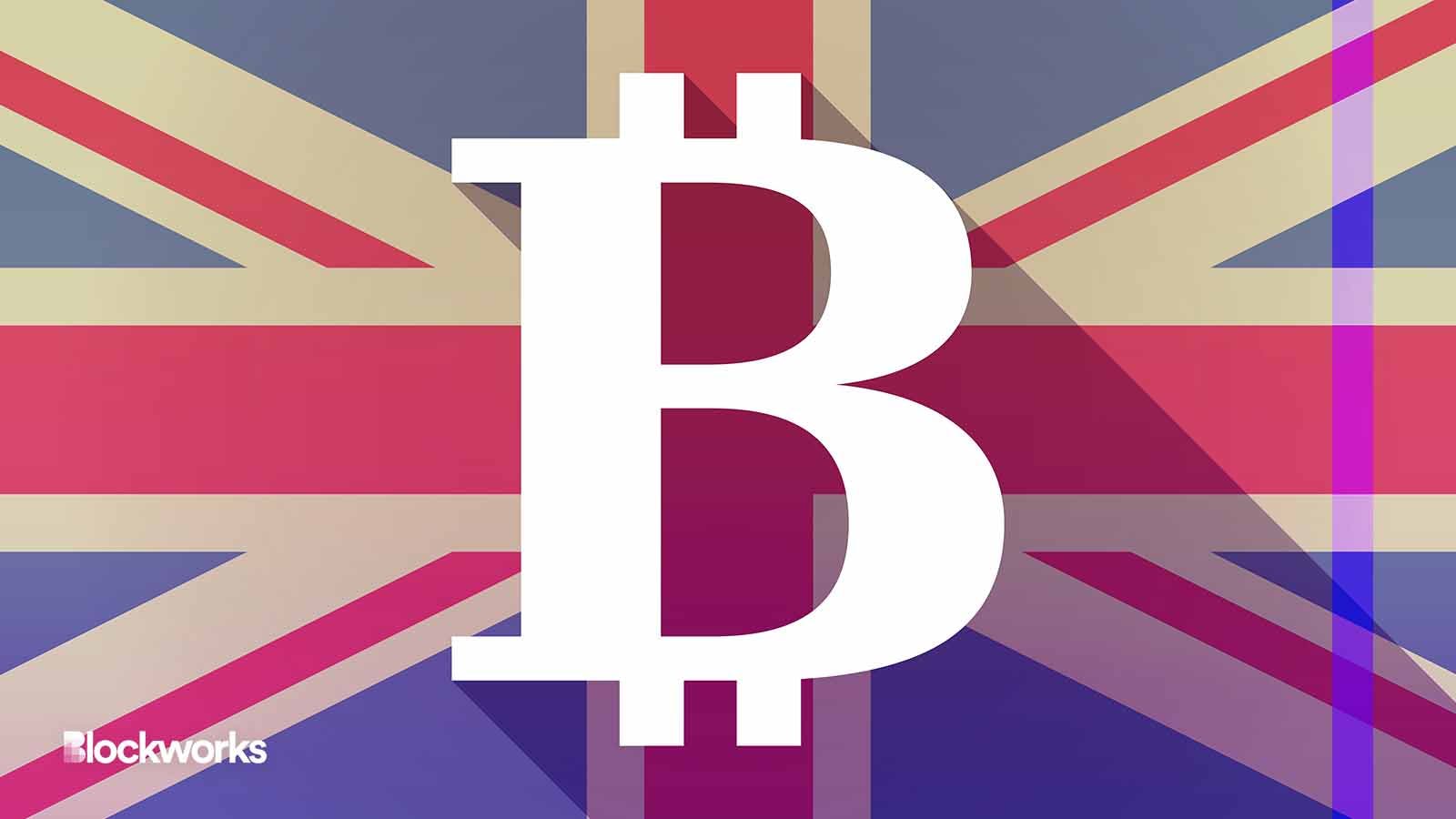Wales, English laws ‘sufficiently resilient’ for crypto — with a few tweaks
The Law Commission’s recent paper on digital assets was intended to enhance the legal framework in England and Wales and “secure UK’s position as global crypto hub”

Blablo101/Shutterstock modified by Blockworks
The Law Commission of England and Wales determined that the common law of England and Wales possesses enough flexibility to accommodate cryptocurrencies. However, a few areas require further clarification.
In a paper released Wednesday, June 28, the commission found that “although some digital assets are not easy to place within traditional categories of things to which personal property rights can relate, this does not prevent them from being capable of attracting personal property rights, and that this is clearly the position at common law.”
One of the suggestions that the commission makes is to develop a third category within personal property rights that could house digital assets such as NFTs.
A set of criteria would be necessary and would include assets that are “composed of data represented in an electronic medium, including in the form of computer code, electronic, digital or analogue signals.”
It also includes assets that are rivalrous — meaning that the consumption of the object by a person or persons “necessarily prejudices” the consumption of the object by another person or a group of people.
“The law reform that we do recommend aims to ensure that the legal system, as part of a wider social framework, can reinforce the overall strength of digital asset ecosystems (which also rely on social elements),” the report said.
The findings come after an open period of feedback and previous papers on the legal framework necessary to include digital assets. Following the research, the commission noted that some digital assets are not “entirely analogous with conventional tangible things,” which differentiates them from “tangible things in possession.”
Because of the way laws operate, the commission believes that simply adding new categories that encompass crypto and emerging crypto technology will suffice, preventing the need for a new set of laws specifically focused on crypto, a stance that differs from earlier papers.
Last July, the commission wrote, “The consultation paper argues the law must therefore go further to acknowledge these unique features, which in turn would provide a strong legal foundation for the digital assets industry and for users.”
The commission, in addition to its findings on the current legal framework, believes that the government should create a panel of experts — composed of industry experts, lawyers, academics and even judges — who can weigh in on the advancement of digital asset technology and give the necessary guidance in the field.
“We conclude that, although some digital assets are not easy to place within traditional categories of things to which personal property rights can relate, this does not prevent them from being capable of attracting personal property rights, and that this is clearly the position at common law,” the paper said.
Get the news in your inbox. Explore Blockworks newsletters:
- The Breakdown: Decoding crypto and the markets. Daily.
- 0xResearch: Alpha in your inbox. Think like an analyst.






